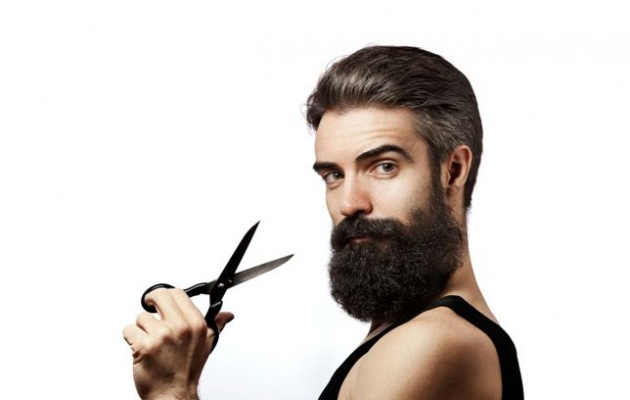The 5 Biggest Health Myths You Still Believe
How’s this for a farewell salute? If you buy the rumors, your penis stands at attention even as you’re laid to rest.
Some call it a “death erection.” And believe it or not, there issome truth surrounding the phenomenon. In her book The Evolution of Sexual Disorders, the late therapist Helen Singer Kaplan said there’s evidence that serious spinal cord injuries trigger “reflexive erections.”
Death by hanging—especially the big-drop-style lynchings of centuries past—could have resulted in the kind of severe spinal injury deaths that cause supernatural stiffies, Kaplan explained. (When you go to the gallows, your neck isn’t the only thing that stretches.) But a review of the literature on spine trauma and erections shows this sort of thing is extremely rare.
So go ahead and cross off “post-mortem boner” from your list of worries. While you’re at it, here are four more hilarious health myths you can stop worrying about.
The myth: You use only 10 percent of your brain.
The truth: Even some doctors still buy into this, although there’s nothing backing it up.
“While there are some differences in how we each process information, almost all of your brain is being accessed all of the time,” says Rachel Vreeman, M.D., an Indiana University assistant professor who has published research and books on persistent (and wrong!) health myths. After decades of study using CT scans and MRIs, Vreeman says there’s just no proof that a big hunk of your noodle is gathering dust.
(But there are certain habits that can drain your brain: Check out 5 Everyday Things That Are Actually Making You Dumber.)
The myth: The more you shave, the thicker and/or darker your hair will grow back.
The truth: No and no.
“Shaving removes the dead portion of hair, not the living section beneath the skin’s surface,” Vreeman says.
Obviously, shaving away dead hair doesn’t change how the living part grows, she adds. After you’ve lopped off those dead bits, the stubbly hairs that soon protrude may be slightly darker than the rest of your hair. But that’s only because they haven’t been exposed to sunlight or other lightening agents, Vreeman explains.
The myth: If you swallow gum, it stays in your stomach for 7 years.
The truth: Your digestive system manages gum much like it would anything else. And while gum may not break down the way many foods do, it’ll still pass through (and out of) your body within a matter of days, shows a study from the journalPediatrics.

Big caveat: Because chewing gum holds up better than most foods to all of your gut’s enzymes, swallowing a whole lot of it could potentially clog up your esophagus or intestines, the study suggests. You're probably better off spitting it out.
The myth: You lose most of your body heat through your head.
The truth: You lose heat through any part of your body that’s uncovered, Vreeman says. In the winter, that’s often just your head. So technically, this could be interpreted as sort of true. But in terms of your noggin having special heat-releasing properties, it’s 100 percent false, Vreeman says.
Not every health myth is bogus, though: See the 6 Urban Legends That Actually Check Out.



